- Empty cart.
- Continue Shopping
Unique Egyptian goddess Sekhmet Seated on Throne vintage basalt stone made in egypt
Original price was: 190,00 $.174,00 $Current price is: 174,00 $.
Handmade
Materials: basalt stone
Made in Egypt
weight: 1.270 kg
Width: 14.5 centimeters
Height: 17 centimeters
Depth: 10 centimeters
History:
The statues are a depiction of the goddess Sekhmet showing her lioness features from head to toe. The statues feature the fierce eye of the sun god Re and its jaw structure the goddess is known for. The goddess has violent characteristics that can cause destruction and illness. Sekhmet’s name means “who is powerful”. The follower must please the Sekhmet goddess by praying and giving offerings to her Sekhmet statue. If done correctly the Sekhmet would bring peace and help when sick or at war.
Origin
The origin of the Sekhmet statues was during the reign of Amenhotep III dynasty 18 (ca 1390-1352 BC). There have been more than six hundred statues that have been recovered from Egypt. Most of these Sekhmet statues were created under Amenhotep III. Sekhmet statues have been found at Amenhotep III Mortuary Temple/Complex at Kom el Heittan on the Theban West Bank and at the Temple of Mut at Karnak on the east bank of the Nile River at Thebes. Sekhmet statues can still be found and traced back to Amenhotep III. The Sekhmet statues are a part of his massive statuary program.
Amenhotep III hoped that the Sekhmet statues would heal him from illness and bring him good fortune for the year. This is why there were so many Sekhmet statues being built and at such a fast pace. We can tell Amenhotep III favored the Sekhmet goddess since he used her statues so much for ritual practices. Many scholars believe that there were a total of 730 statues built which is two statues for everyday of the year.
Only logged in customers who have purchased this product may leave a review.
Shipping Details
Where do you ship from?
We ship From Egypt as all of the Pieces are genuinely handmade by Egyptian Hands imitating our Ancient Egyptian grandparent's Techniques.
Do you ship internationally?
Yes, we ship all products to most continents and countries across the world. You can order online and the order will be shipping to your home door by the DHL Express shipping with a tracking code number. we will still follow up with you until you receive your order. Now we offer free shipping worldwide.
What is the shipping cost?
Now we offer free shipping worldwide.
When will I receive my item after ordering from your online antiques store?
Once you place your order, our team swiftly prepares your items for shipping. This preparation time varies according to the product type or material. On averages, it takes 2 to 3 business days to prepare your order and 5 business days for shipping.
For handmade products, ( Papyrus and Statues)it may take up to 5 business days to prepare the handmade item and 5 days for shipping. Some antique products require investigation from three specialized committees and archaeologists from the Egyptian Ministry of Antiques before shipping to ensure that it is only a replica, not an original piece. Usually, this process takes up to 3 days, they will be shipped. Your patience is highly appreciated.
I need to return or Exchange an Item?
All sales on Ready-to- Order parcels are final and non-refundable. However, we accept returns and exchanges in case the item you have received arrives defective. In this case, you have to send back the item in a maximum of 14 days. As long as it remains in its original new condition, unworn, unaltered, and free of any damage by the customer. We guarantee a full refund upon receipt (excluding delivery charges) or exchange the item.

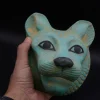







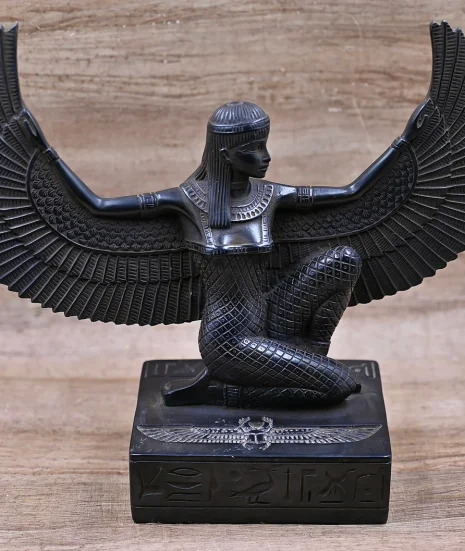
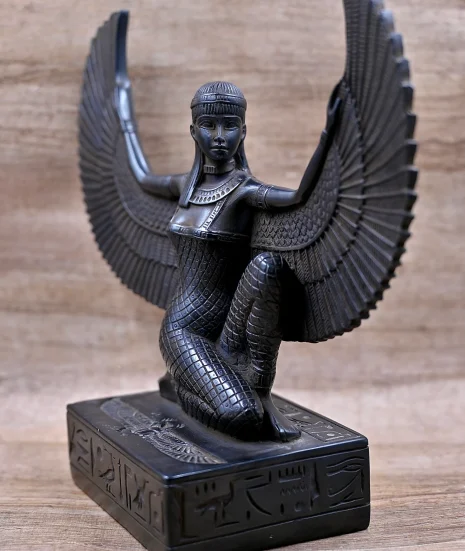
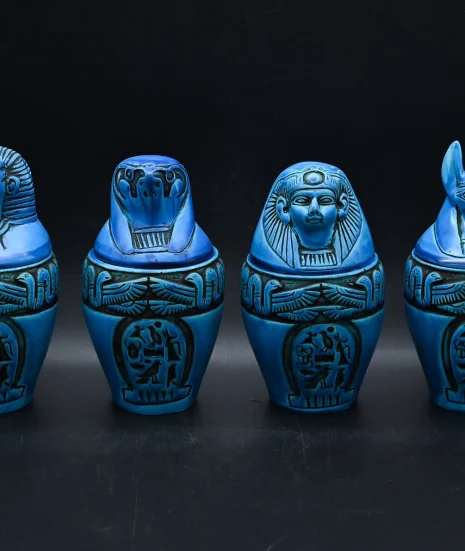
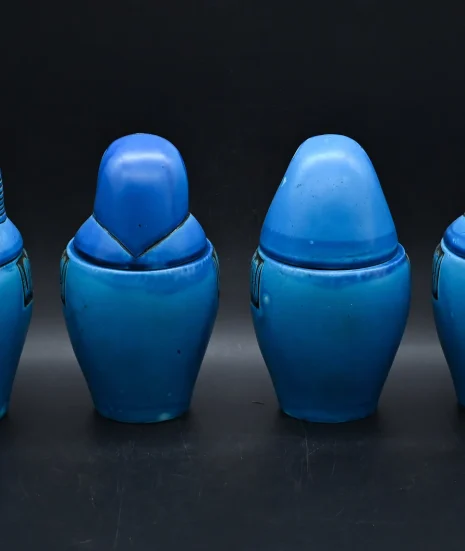


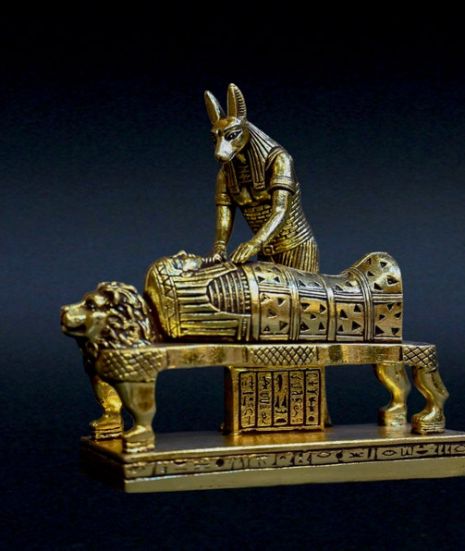
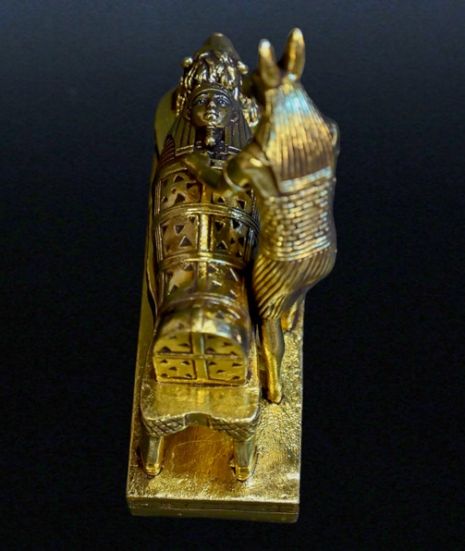
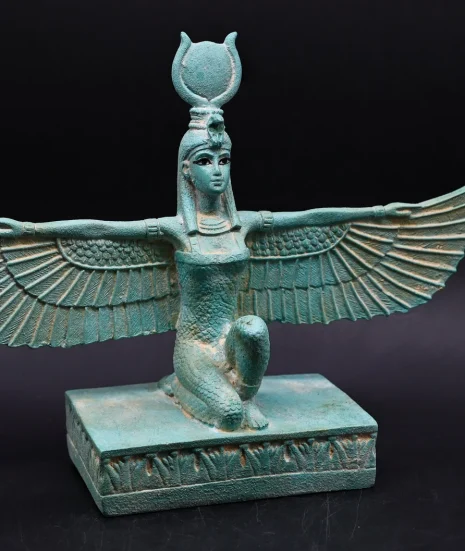
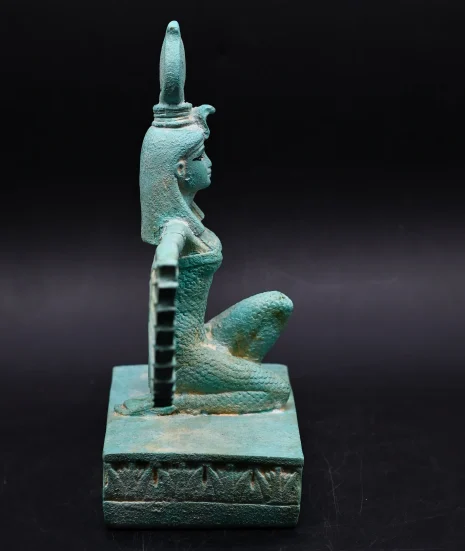

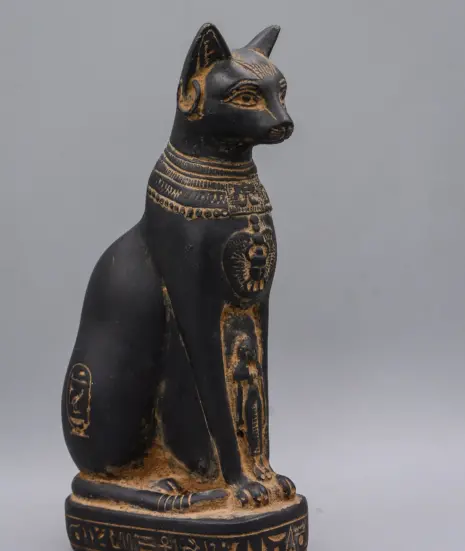


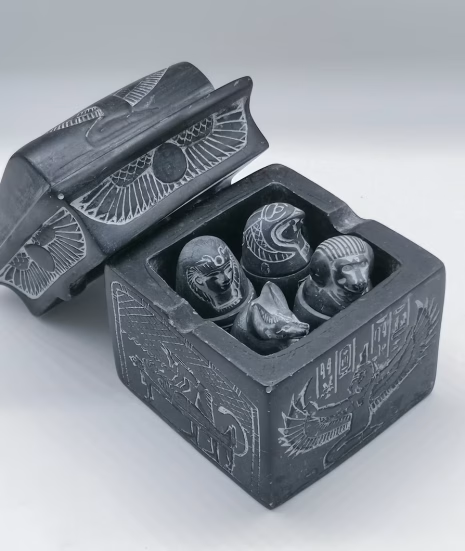
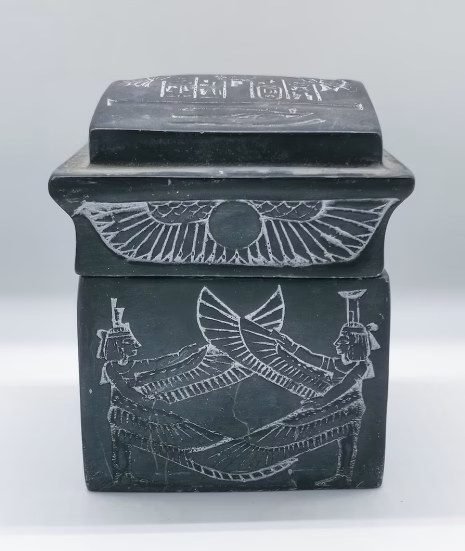
Reviews
There are no reviews yet.